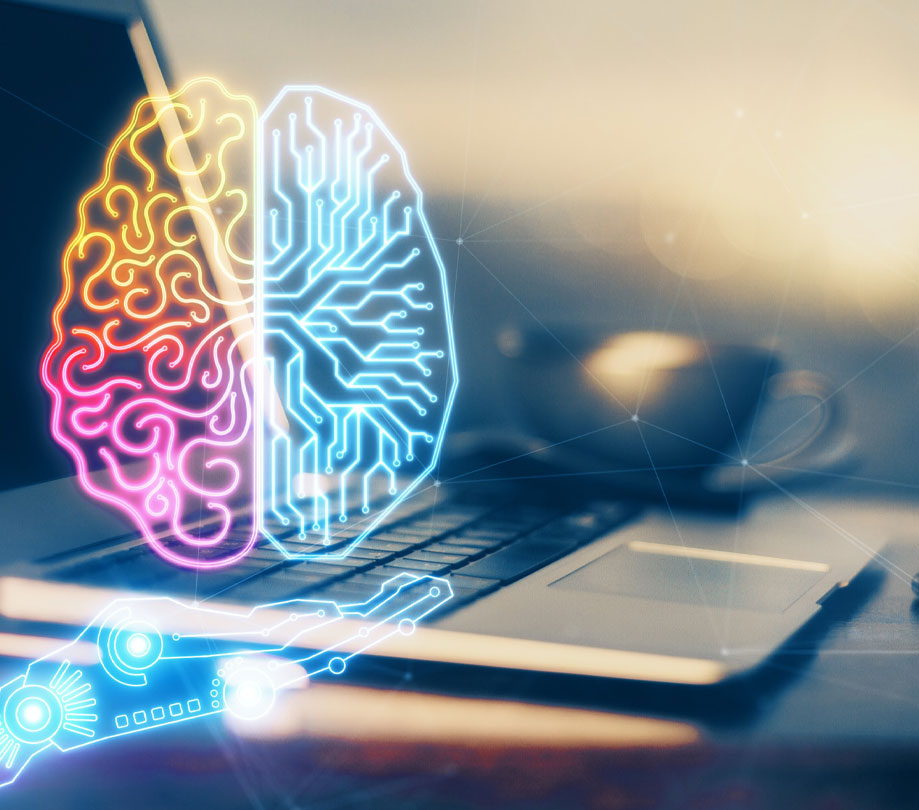Open source AI trends for 2024 according to Eclipse Foundation
Thursday, December 21, 2023

|
Richard Harris |
Mike Milinkovich, Executive Director of the Eclipse Foundation discusses what’s in store for open-source in 2024, and predicts that supply chain security will continue to impact open-source, that a working definition of true open AI will be completed in 2024.
Each year I usually like to make a few predictions about where the software industry, open source, and Eclipse Foundation projects are headed. This year is going to be a little broader, as some large trends are going to impact us in ways that should be discussed and understood.
Government regulation will impact the software industry
The first trend is that for the first time in its history, the software industry is about to be regulated. And governments understand that these regulations will inevitably reduce the pace of innovation that we have all become accustomed to. I have mixed feelings about this, as on one side software innovation has driven enormous technological advances, economic growth, and wealth creation. However, with cybercrime now representing the equivalent of one of the world's largest economies, governments have come to realize that the status quo is a threat to their citizens, their economies, and their national security. Cyberattacks have a critical impact not just on the global economy, but also on democracy and public safety. Now that software has become so important to our societies and economies, the issue of software security has become critical, and governments are responding with regulations requiring secure software development and maintenance. The Cyber Resilience Act (CRA), soon to be passed in the EU, is the first example of government regulation of the software industry. There will be many more such regulations, including in the US. Given that open source is such an important part of the overall software and technology industry, these regulations will impact developers, projects, and foundations.
Supply chain security will continue to impact open-source
In response to the threats posed by cyber-attacks, increased attention has been paid to securing the software supply chain. This work has largely been spearheaded by the US Cybersecurity and Infrastructure Security Agency and their work in promoting secure software development lifecycle best practices along with the use of software bills of materials (SBOMs). This work is being adopted worldwide and will impact the open-source community in many ways. Expect increased pressure on open source projects to provide SBOMs, harden their infrastructure, and to adopt secure software development practices. The difficult question in all of this is where will the resources come from? Open-source projects and communities already suffer from burned-out developers and critical resource shortages. Simply demanding more effort is not a strategy for success. But interesting new models like the industry-led Alpha Omega project and the German government-led Sovereign Tech Fund are promising new approaches to getting open-source projects and communities the resources they need to deal with these important issues.

A working definition for truly open AI will be completed in 2024
In 2023 the Open Source Initiative started work on defining what “open source AI” actually means. Many AI technologies have been described as “open source” when no reasonable person would agree with such a characterization. Open source AI is too important a concept to allow it to degrade to becoming an empty marketing term. Just as a firm definition of open source has helped create a global culture of sharing, collaborating, and prospering from software, we need a definition of open source AI that defines the essential freedoms necessary to use, study, modify, and share AI systems. That’s why the Eclipse Foundation, and I support the OSI’s work in creating such a definition. The OSI is securing community alignment and engagement to develop this definition, with a plan to deliver it in October 2024.

The EU will turn to open-source solutions to ensure digital sovereignty in 2024
No other region in the world prioritizes digital sovereignty as highly as the EU. Both the public and private spheres are committed to building a digital economy based on the region’s values. The strategy is to create a single market for data that will ensure Europe’s global competitiveness and data sovereignty. This includes common European data spaces that will ensure that more data becomes available in the economy and society while keeping the companies and individuals who generate the data in control. This federated approach will enable a whole new set of technical innovations and business models.
The EU will fully embrace open-source software as the best means of building this digital future. We’re already seeing massive activity on this front in projects like the Cross Federation Services Components, Eclipse Dataspace Component, and Tractus-X, but expect further and accelerated advances in 2024.

2024 is when open source meets functional safety
For the first time, community-led open-source software development has achieved a level of process maturity to deliver production-ready code with functional safety certifications for industries such as automotive, healthcare, transportation, and more. We are already seeing the fundamental changes the open source model brings to the automotive sector via our Software Defined Vehicle (SDV) Working Group. Similar transformations will soon be taking place in other industries as well. With Microsoft’s recent contribution of the Azure RTOS technology to the Eclipse Foundation under the Eclipse ThreadX open-source project, a safety-certified commercial RTOS has become open-source. This represents a true game changer for industrial applications requiring an extremely fast and small footprint RTOS with safety and security certifications.
And let’s not forget the best part about open source: you can participate in the process and help guide the outcome. The Eclipse Foundation is just one means to this end, but if you want to find out more, visit here - https://www.eclipse.org/membership/#tab-membership
In the meantime, I look forward to engaging with many of you as we all work to build more positive outcomes for 2024. Happy New Year everyone!
About Mike Milinkovich
Mike Milinkovich is a recognized industry leader and open-source community champion. He has been involved in the software industry for over thirty years, doing everything from software engineering to product management to IP licensing. He has been the Executive Director of the Eclipse Foundation since 2004. In that role, he is responsible for supporting both the Eclipse open-source community and its commercial ecosystem. Before joining Eclipse, Mike was a vice president of Oracle’s development group. Other stops along the way include several startups, IBM, and Nortel Research.
As an industry leader, Mike has sat on the Boards of the Open Source Initiative (OSI), and the OpenJDK community, as well as the Executive Committee of the Java Community Process (JCP).

Become a subscriber of App Developer Magazine for just $5.99 a month and take advantage of all these perks.
MEMBERS GET ACCESS TO
- - Exclusive content from leaders in the industry
- - Q&A articles from industry leaders
- - Tips and tricks from the most successful developers weekly
- - Monthly issues, including all 90+ back-issues since 2012
- - Event discounts and early-bird signups
- - Gain insight from top achievers in the app store
- - Learn what tools to use, what SDK's to use, and more
Subscribe here











